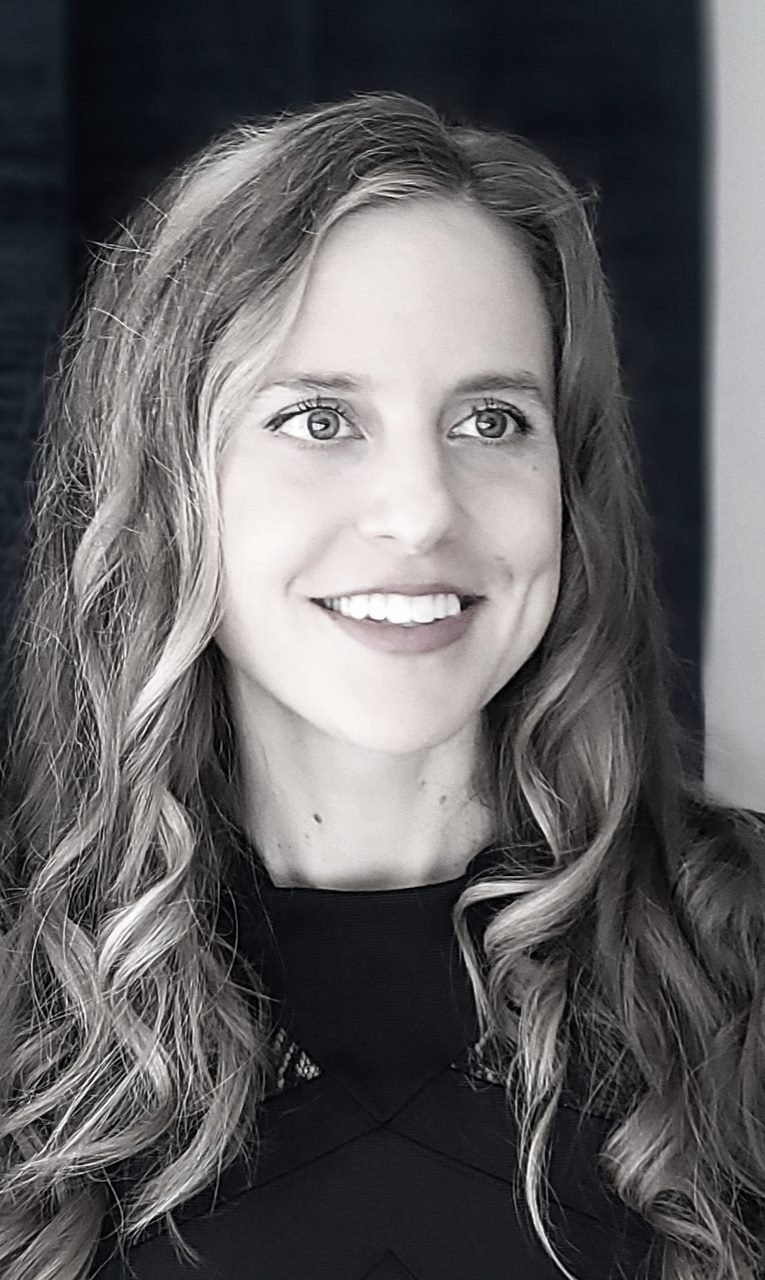Gina Clark, MD, DPhil
Driven by my heart, applying my mind…
I guide unique individuals as they listen to their hearts and use their heads to live their best lives. I rank in the top 5% of psychiatrists for productivity and impact.
In addition to 15 years of caring for patients, I have scientific research, global health, physician wellbeing, and justice expertise.
By way of…
Credentials
-
My DPhil thesis, from the Prince of Wales International Centre at Oxford University in England, was titled "Cerebral Asymmetry in Adolescent Onset Psychosis" and supervised by Professors TJ Crow and Susan Iversen. It built on schizophrenia research I did at Northwestern and Harvard as an undergraduate supervised by Professor Sohee Park and continued at the University of Iowa during medical school.
Using MRI, I studied brain structure as it relates to lateralized functions in a compelling group of teenagers with schizophrenia.
-
I have two US Medical Board Certifications: Psychiatry and Addiction Medicine. I see patients via Kaiser Permanente.
I went to medical school in my home state, at the University of Iowa, and did four years of specialty training at the University of California, San Francisco (UCSF). I had Distinctions in Research and co-founded a free mental health clinic.
-
I have had the privilege to do HIV scientific research and medical work in South Africa, the US, Zambia, Kenya, and Uganda during medical school, residency, and my medical practice.
I had a Fogarty International Clinical Research Fellowship from the US National Institutes of Health (NIH) to do HIV research at the Centre for Infectious Disease Research in Zambia (CIDRZ). It was inspiring and heartbreaking in equal parts. I also worked at an HIV clinic, in inpatient medicine, and alongside the country's one neurologist.
-
I have a Certificate in Global Mental Health Trauma and Recovery from Harvard Medical School and remain active with their Master Classes and Community of Practice.
Patients’ Words
50 most frequent words in patient reviews
I seek to validate and empower.
Colleagues say I elevate people, am a change agent, and connect unique sets of dots.
Science applied to the real world
See more/Follow me on LinkedIn
See more/Follow me on Instagram
Interests and Expertise
-
From my PhD and MD, I deeply understand the brain as an organ affected by both nature and nurture in a dynamic fashion.
Mental illness and wellness are toward the ends of a spectrum, with degrees of distress between them. All people shift along that spectrum all the time. Some dip into illnesses like major depression, bipolar disorder, schizophrenia, anxiety disorders, OCD, ADHD, PTSD.… For others, those diagnostic entities don’t address what’s really going on during hard times. In any case, I seek to help people recover.
-
Patients are often best served by an integrative psychiatry approach. We address biology, psychology, lifestyle and habits (including sleep, exercise, and nutrition), mind-body connections, and spirit/purpose.
-
I have had the privilege of encountering diverse people - Luo farmers in Kenya to British royalty to homeless San Franciscans. This informs my perspective on a daily basis. Btw, Dholuo is one of the hardest languages for a non-native speaker to learn. It has no regular verbs!
-
I judiciously prescribe medications for psychiatric and substance use disorders and deprescribe as appropriate. Supplements and herbal remedies may have an evidence-supported role as well.
-
Psychotherapeutic goals include integration, comfort with ambiguity, psychological flexibility, rebalancing life, and finding meaning.
For those interested in the mechanisms, modalities include CBT, DBT, ACT, IPT, CPT, attachment, schema, and psychoanalytic approaches.
-
The fascinating neural underpinnings of executive functions such as working memory, emotion regulation, and attention. Also normal aging and cognitive decline, which is what initially drew me into healthcare…. As a teenager, I worked as a nurses’ aide with people with dementia/Alzheimer disease, including a dear friend’s grandmother. The experience grounds and guides my work to date.
-
Understanding that everyone experiences trauma at some point, and that trauma does not equal traumatized. The spectrum of responses to the spectrum of traumas, including normal responses to abnormal situations. Asking not “what’s wrong with you,” but “what happened to you?”
-
Disillusionment and burnout in healthcare and other professions that focus on serving humanity. Relates to moral injury. Causes pain. Spurs growth.
Even before Covid-19, I was often a doctor’s doctor. Needs have grown. I help doctors care for themselves and continue to serve others.
-
Mental health and cognition as they relate to hormonal changes over the lifespan of women. Systemic challenges faced by women globally. Flipping scripts about gender. Strength among women globally.
-
Exploring impacts of expectations - about work, finances, emotions, and connection - for men. Setting aside those expectations as needed.
I’m keeping an eye on…
-
An exciting and misunderstood area of research, including with psilocybin, MDMA, and ketamine. I find that people who are very enthusiastic about this may misunderstand it as much as people who dismiss it. The truth likely lies somewhere in the middle.
We also have much to learn about cannabinoids, though we know THC is harmful for mental health and neurodevelopment (through the mid-20s).
-
Attending to health needs in a shifting landscape. Propelled by science, pandemic impacts, tech, and a drive within patients to make the most of professional expertise in their own pursuit of health.
-
How people continue to seek meaning and peace throughout the lifespan and in the setting of societal conundrums. What is distinct, and what is universal.






















